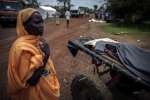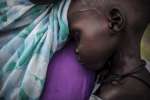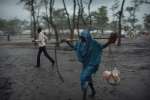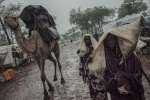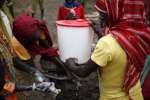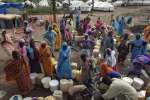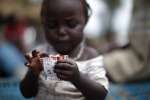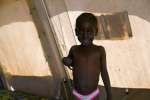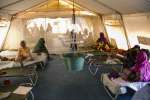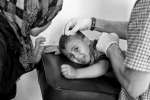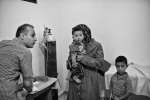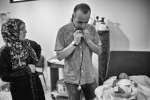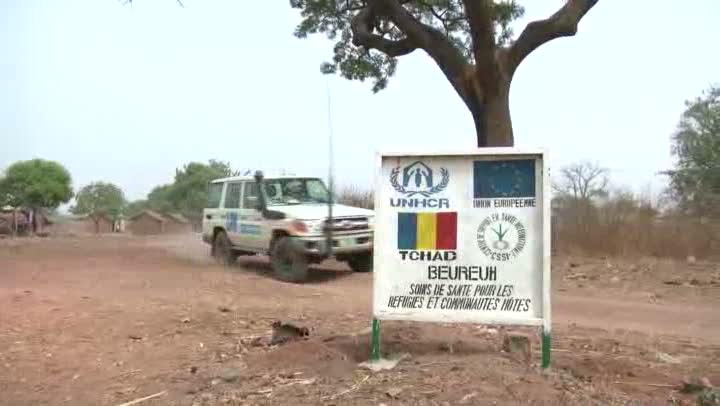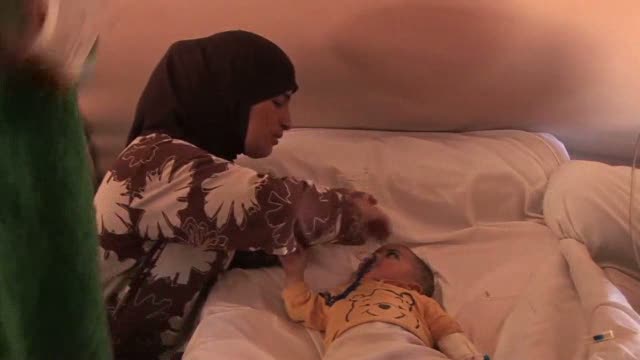World AIDS Day: UNHCR stresses need to close the gap in HIV treatment
News Stories, 1 December 2014
GENEVA, December 1 (UNHCR) – High Commissioner for Refugees António Guterres on Monday marked World AIDS Day by stressing the importance of closing the gap between people who have access to HIV prevention, treatment, care and support services and those who are being left behind.
The theme of this year's World Aids Day is "Close the Gap," which Guterres said was also an important call to action at a time when the world is setting ambitious new Sustainable Development Goals for the next 15 years. "Ending the AIDS epidemic as a public health threat by 2030 should be a central component of the post-2015 development agenda," he said in a message to staff.
The High Commissioner also said this year's theme had particular resonance for UNHCR as expanding conflicts and growing forced displacement risk placing ever greater numbers of people beyond the effective reach of HIV prevention, treatment, care and support services.
"For UNHCR, closing the gap means ensuring that humanitarian and development responses are aligned in a way that ensures reliable, consistent and continuing access to HIV services for refugees, internally displaced persons and others of concern," he stressed.
Antiretroviral therapy (ART) has proven to dramatically extend the lifespan of people living with HIV and effectively prevent transmission. Increasing access to ART is one of the objectives of UNHCR's Global Strategy for Public Health 2014-2018. UNHCR in partnership with 14 other agencies recently updated the "Guidelines for the Delivery of Antiretroviral Therapy to Migrants and Crisis-Affected Persons in Sub-Saharan Africa," which now also include forcibly displaced populations.
Guterres noted that mandatory HIV testing for refugees and asylum-seekers still takes place in several countries, often without essential counselling services or adequate privacy protections. Such practices persist even in countries where national legislation provides that all HIV testing should be voluntary. To address this gap, UNHCR in partnership with WHO and the UNAIDS Secretariat has updated the "Policy Statement on HIV Testing and Counselling for Refugees and other persons of concern to UNHCR." The statement strongly advocates against compulsory or mandatory HIV testing of individuals on public health and protection grounds or for any other purposes.
"We will continue to be strong advocates for HIV prevention services, treatment, care and support and social protection, as well as for respect of the human rights of people living with HIV," he concluded.





